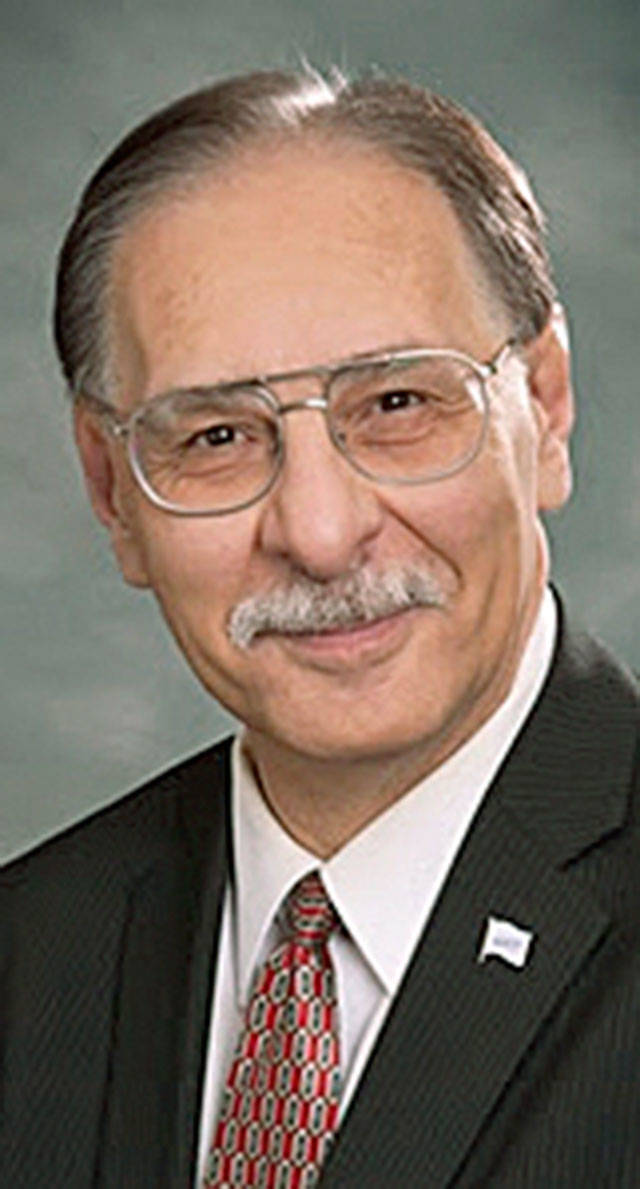The Kroger Co., which owns a long list of supermarkets, among them Fred Meyer and QFC, announced on Aug. 23 that it will transition to reusable bags at all of it its nearly 2,800 locations by 2025.
Noting that a number of other cities across Washington state, including Lacey, have already banned plastic bags, Auburn City Councilman Claude DaCorsi suggested Monday that the City of Auburn be “part of that discussion,” pro or con, even bring in a local plastic bag manufacturer to address the City Council.
“I think it would be an interesting topic for us to review to see whether or not it’s something that would fit for the city,” DaCorsi said.
”As part of our Zero Hunger, Zero Waste commitment, we are phasing out use-once, throw-it-away plastic bags and transitioning to reusable bags in our stores by 2025,” Rodney McMullen, Kroger’s chairman and CEO, declared in a press release. “It’s a bold move that will better protect our planet for future generations.”
DaCorsi’s peers agreed to take up the issue.
According to Kroger’s press release, Seattle-based QFC will be the company’s first retail division to phase out single-use plastic bags, and it expects to complete the transition in 2019.
According to Kroger, estimates suggest that 100 billion single-use plastic bags are thrown away in the United States every year. Today, less than 5 percent of plastic bags are recycled annually in the nation, and single-use plastic bags are the fifth-most common single-use plastic found in the environment by magnitude.
Kroger will solicit customer feedback and work with NGOs and community partners to ensure a responsible transition.
Kroger’s goal to divert 90 percent of that plastic waste from landfills by 2020. Of the waste diverted today, 66.15 million pounds of plastic and 2.43 billion pounds of cardboard were recycled in 2017.


